
Erin Garcia de Jesús is a staff writer at Science News. She holds a Ph.D. in microbiology from the University of Washington, where she studied virus/host co-evolution. After deciding science as a whole was too fascinating to spend a career studying one topic, she went on to earn a master’s in science communication from the University of California, Santa Cruz. Her writing has appeared in Nature News, Science, Eos, Smithsonian Voices and more, and she was the winter 2019 science writing intern at Science News.

Trustworthy journalism comes at a price.
Scientists and journalists share a core belief in questioning, observing and verifying to reach the truth. Science News reports on crucial research and discovery across science disciplines. We need your financial support to make it happen – every contribution makes a difference.
All Stories by Erin Garcia de Jesús
-
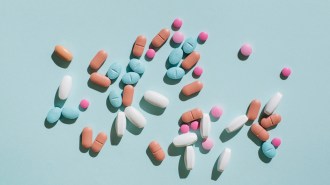 Health & Medicine
Health & Medicine50 years ago, computers helped speed up drug discovery
In 1974, a computer program helped researchers search for promising cancer drugs. Today, AI is helping speed up drug discovery.
-
 Health & Medicine
Health & MedicineTaking a weight-loss drug reduced a craving for opioids
Early results from 20 people with opioid use disorder raise hopes that popular weight-loss drugs like Wegovy can tackle opioid addiction, too.
-
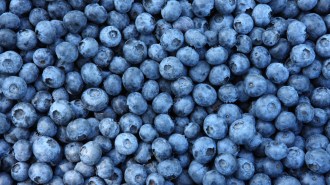 Plants
PlantsHere’s why blueberries are blue
Nanostructures in a blueberry’s waxy coating make it look blue, despite having dark red pigments — and no blue ones — in its skin, a new study reports.
-
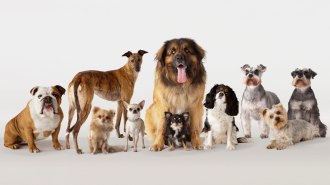 Animals
AnimalsExplore the expected life spans of different dog breeds
An analysis of dogs in the United Kingdom found that breeds like miniature dachshunds have the longest life spans while bulldogs have the shortest.
-
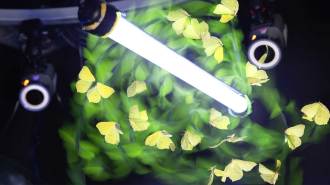 Life
LifeInsects flocking to artificial lights may not know which way is up
Insects may use light to figure out where the ground is. Artificial lights send them veering off course, data from high-speed infrared cameras suggests.
-
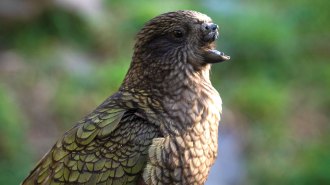 Animals
AnimalsWhat parrots can teach us about human intelligence
By studying the brains and behaviors of parrots, scientists hope to learn more about how humanlike intelligence evolves.
-
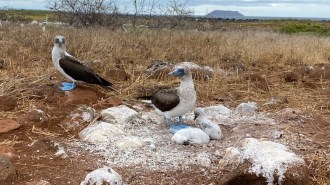 Animals
AnimalsA bird flu outbreak is sweeping the globe. Its long-term effects are unclear
A reporter’s recent trip to the Galápagos offered a chance to reflect on the bird flu outbreak, which has killed millions of birds and other animals.
-
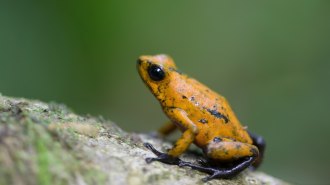 Life
LifeHere’s how poison dart frogs safely hoard toxins in their skin
A protein found in frog bodies may help the amphibians collect and transport toxins from their food to their skin for chemical defense.
-
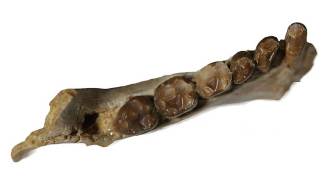 Anthropology
AnthropologyAncient primates’ unchipped teeth hint that they ate mostly fruit
Of more than 400 teeth collected, just 21 were chipped, suggesting that early primate diets were soft on their choppers.
-
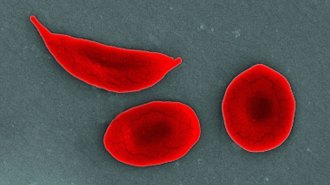 Health & Medicine
Health & MedicineThe first CRISPR therapy approved in the U.S. will treat sickle cell disease
In the world’s first CRISPR-based treatment, genetic tweaks to red blood cells aim to help people with the often debilitating disease.
-
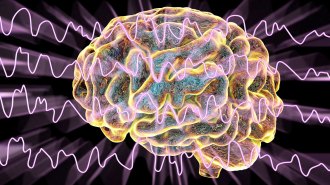 Health & Medicine
Health & MedicineA brain-monitoring device may one day take the guesswork out of anesthesia
The automated device pairing brain activity and dosing kept two macaques sedated for 125 minutes, raising hopes of precision anesthesia for people.
-
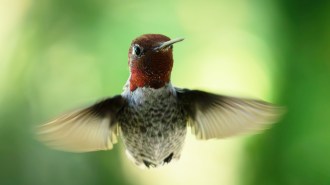 Animals
AnimalsHow hummingbirds fly through spaces too narrow for their wings
Using high-speed cameras, a new study reveals Anna’s hummingbirds turn sideways to shimmy through gaps half as wide as their wingspan.